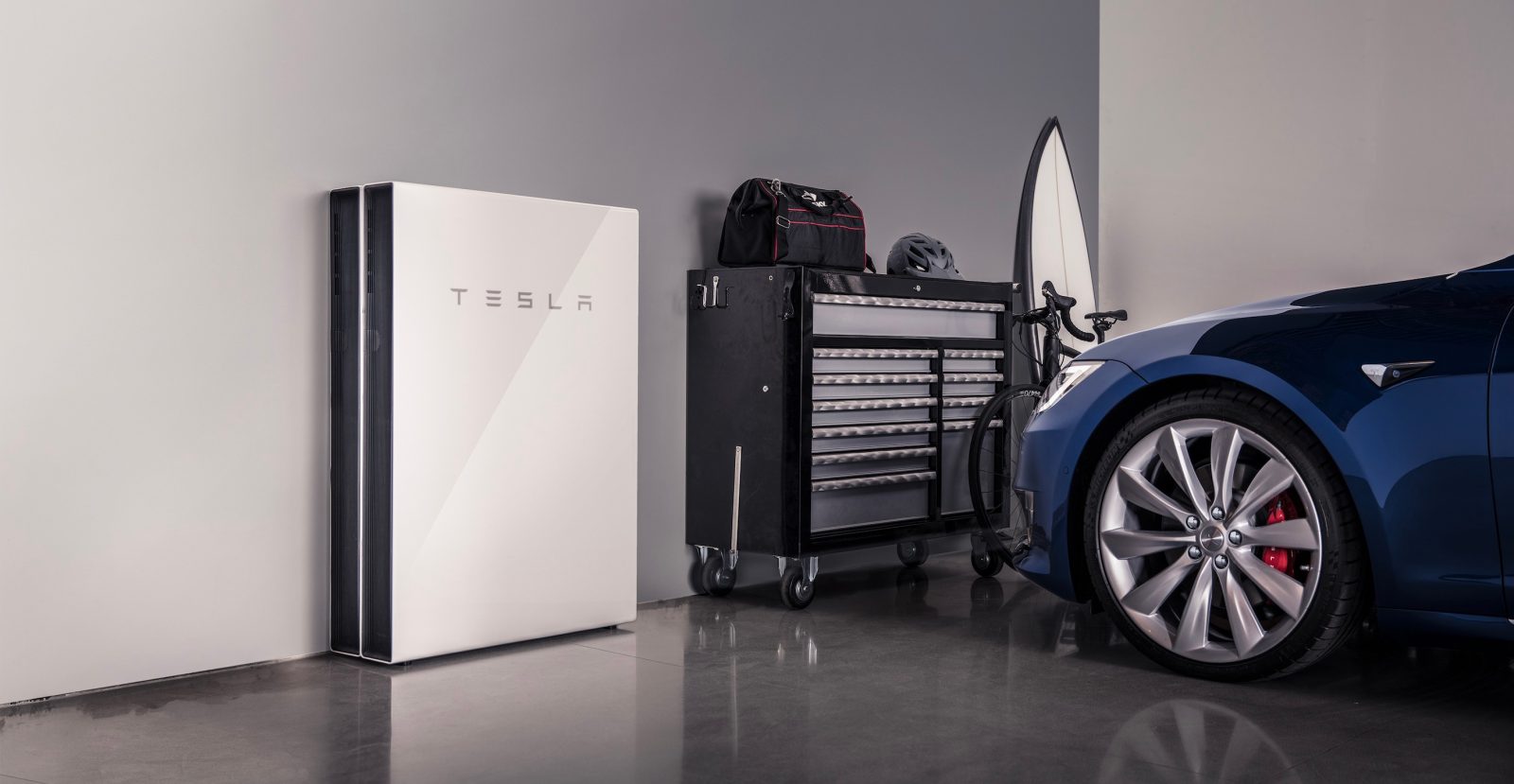
House Democrats are making a push for clean energy tax incentives, and a new proposed bill would expand the scope of energy storage installations that are eligible for the investment tax credit (ITC).
Rep. Mike Doyle, D-Pa., introduced legislation Thursday that aims to extend the ITC to all energy storage technologies. Currently, energy storage only qualifies for the ITC in some cases when connected to a solar project.
Similar bills have come through Congress in recent years, including the Energy Storage Tax Incentive and Deployment Act of 2017. Doyle’s H.R. 2096 is a newer version of that proposal, and it aims to “amend the Internal Revenue Code of 1986 to provide tax credits for energy storage technologies, and for other purposes.”
The Union of Concerned Scientists writes that Congress “must” pass the bill, which “seeks to establish a 30 percent tax credit for both commercial and residential energy storage through 2021,” among other goals.
Currently, the solar investment tax credit can be claimed on federal income taxes for 30% of the cost of a solar photovoltaic system. The credit is due to start phasing out at the end of the year, dropping to 26% in 2020 and down to 10% for commercial and utility purposes by 2022. It’s due to disappear entirely for residential solar projects by 2022.
Unsurprisingly, Doyle’s legislation has drawn supportive statements from the Solar Energy Industries Association and American Wind Energy Association. Tom Kiernan, CEO of the American Wind Energy Association, said,
“Like the power transmission lines that make up the grid, energy storage is a catalyst technology that makes the entire electricity supply more affordable and reliable. Expanding investment tax credit eligibility to all energy storage technologies would spark new clean energy infrastructure investment, grow American jobs, and help ensure our electricity supply is ready for future challenges.”
Clean Energy Push
Doyle and more than 100 other House Democrats also signed a letter on Thursday delivered to House Ways & Means Chairman Richard Neal, D-Mass., in support of clean energy tax incentives. Citing climate change and a need to rebuild the country’s infrastructure, the letter reads:
“With these latest climate reports in mind as well as our shared interest in developing a thoughtful, comprehensive infrastructure package to support economic growth and address some of the most pressing challenges facing the country, we ask that the Ways and Means Committee not miss this opportunity to support the develop of clean energy technologies.”
The signatories seek to streamline existing provisions and “drive investment and innovation in clean electricity, clean transportation, and energy efficiency.” Specifically, the Democrats are seeking clean energy tax policies in upcoming legislation or a possible infrastructure package.
Among the goals sought are continued incentives for wind and solar energy, the restoration and continuation of renewable energy credits which expired in 2017, and provisions to reduce emissions. The signatories are also seeking clarification of the tax code for energy storage and an extension of the solar ITC.
While the signatories note many of the clean energy incentives were designed to eventually phase out, they also write that recent developments in U.S. government have made an adjustment necessary:
“The latest extension and phase-out of these clean-energy tax credits were intended to serve as a bridge to the implementation of the EPA’s Clean Power Plan (CPP), among a suite of other regulations and policies to reduce carbon emissions. This is no longer the case. The Trump Administration’s efforts to undermine the CPP and other commonsense safeguards for new and existing power plants, relax fuel economy standards for cars and trucks, curtail potent methane emissions, and withdraw the United States from the Paris Climate Accords have fundamentally altered the framework by which the 2015 agreement was reached. As such, we would encourage the Ways and Means Committee to continue tax incentives for clean-energy technologies in order for the United States to remain on track to meet its commitments under the Obama Administration to the Paris Climate Accords.”
EV Incentives
Among the clean energy incentives sought by House Democrats are “provisions to encourage cleaner modes of transportation, including tax incentives to continue to accelerate greater market penetration of electric vehicles and alternative fuel vehicles, such as the 30D and 30B credits.”
Notably, the Dems are encouraging the revision of the 200,000 vehicle delivery cap, which is already adversely affecting Tesla and GM. They’re also seeking incentives for building charging infrastructure.
Rep. Ro Khanna is among the Democrats to sign the letter. Khanna is expected to introduce a bill soon which seeks to expand the electric vehicle federal tax credit, remove the 200,000 delivery limit, and link the credit to American auto manufacturing.
Electrek’s Take
An energy storage tax credit has been in the works for a long time, and we’re hoping some legislation on the topic is finally able to break through.
As for the other clean energy incentives outlined by House Democrats, we expect many of the incentives will pop up in different forms of legislation over the coming months. It’ll be interesting to see how they’re framed, and if any will garner strong bipartisan support. Khanna’s EV proposal should be introduced soon.
FTC: We use income earning auto affiliate links. More.



Comments